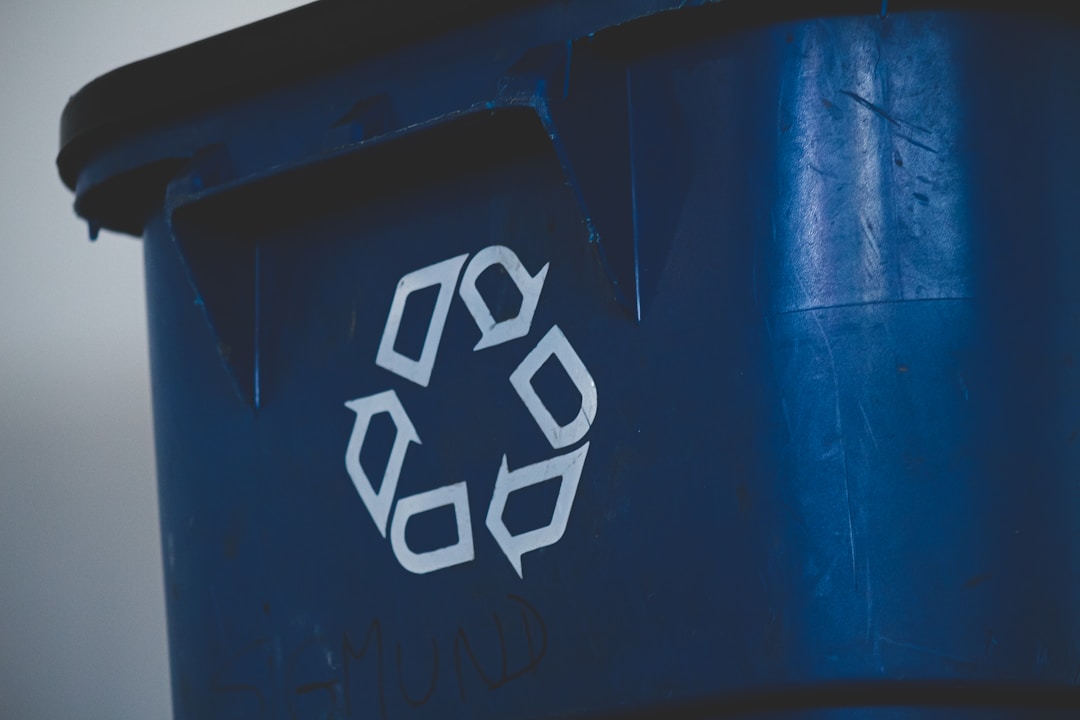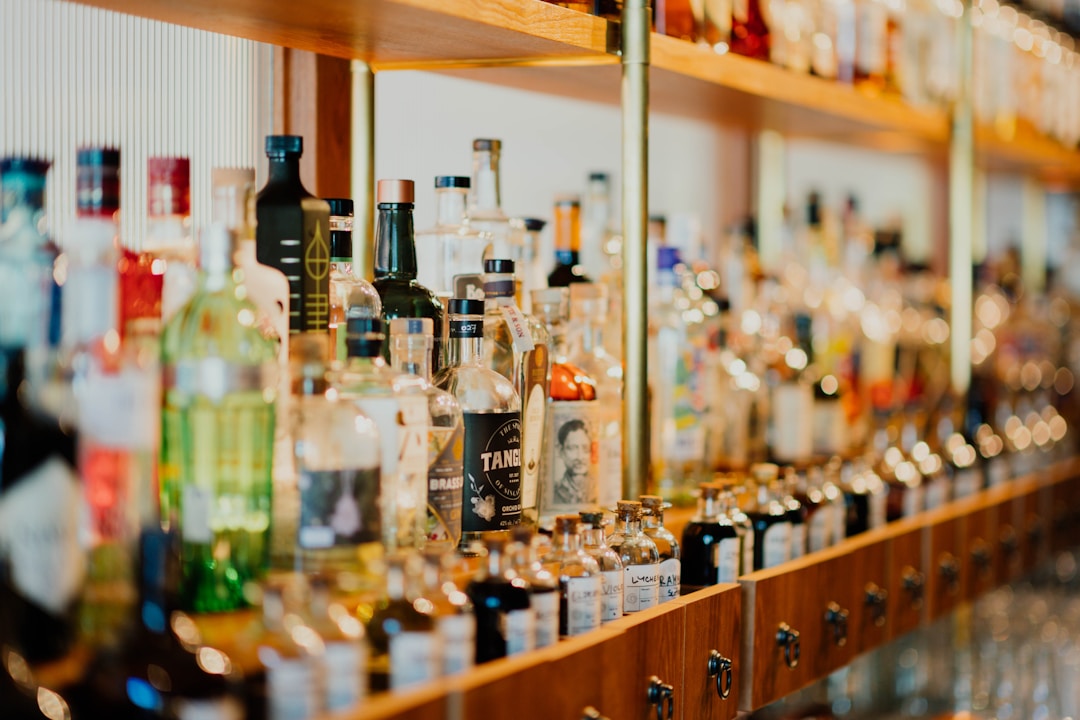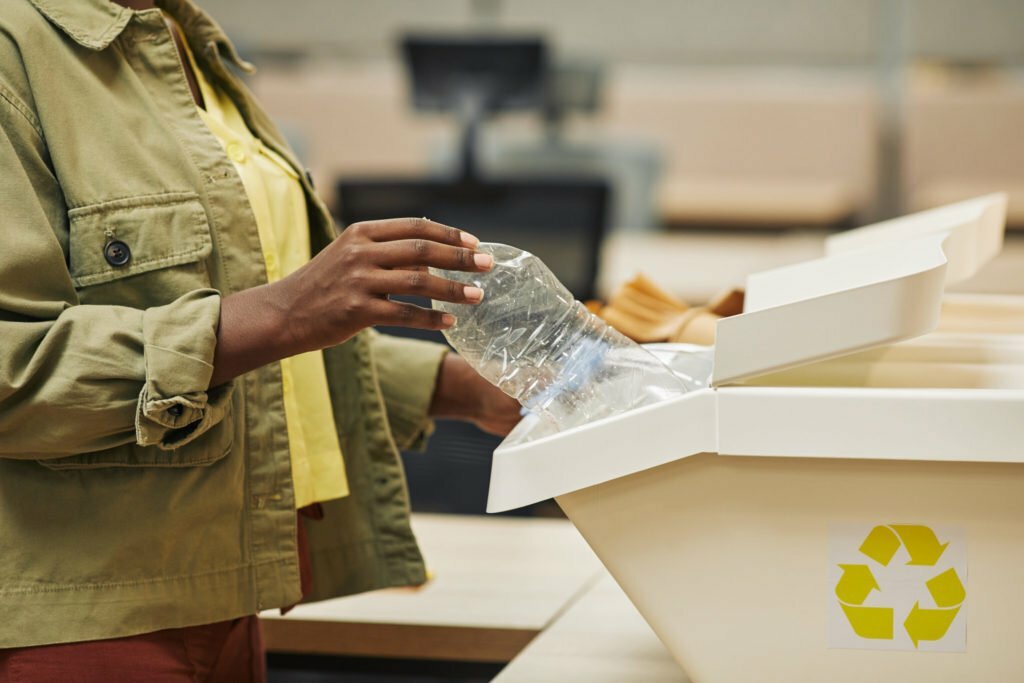As a restaurant owner, you want to make sure that you are providing your customers with the best experience possible. However, you also want to make sure that your front and back of the house are being kept safe. Beyond proper cleaning protocol, you want to make sure that your bar and your kitchen are properly disposing of cooking oil and alcoholic beverages. There are simple steps to take to make sure that you are dealing with issues appropriately and safely, to the benefit of workers and customers alike.
Proper Cooking Oil Disposal

First things first: NEVER pour used cooking oil down the drain or into a sewage system. Cooking oil clogs pipes and ductwork, leading to significant plumbing issues down the line that will cost you significantly. Pouring it into the sewers can actually cause problems for wildlife depending on where sewers release. When it comes to proper cooking oil disposal, it’s important to let the used oil cool down before preparing to get rid of it, avoiding burns or a greater mess. Then, place the oil into a non-recyclable container like a cardboard milk carton or takeout container.
If you prefer to throw it out, you need to freeze or refrigerate the used oil first to harden it. Once the used oil is solid enough to come out of the container in one piece, it is ready to be tossed in the bin. If you do a lot of frying, you may want to consider getting a grease disposal system kit that consists of a plastic receptacle with foil-lined bags that can hold up to 32 ounces of oil. Once it’s full, you seal the container and toss it in the trash.
Recycling Services

In recent years, used-oil recycling services have become a popular option for restaurants to get rid of their oil that has passed its prime. Oil recycling plants will take that useless cooking oil and convert it into a form that can be helpful to the environment. Recycling services collect, distill, and convert used oil into biodiesel fuel. Various industries are turning to biodiesel fuels within their operations to ease the strain on available oil deposits and indirectly help the environment. In addition to being environmentally friendly, used-oil recycling has positive economic implications.
Restaurants and other customers have made income selling their used oil to these services. Many of these providers will also offer up additional cleaning services to help make it easier to get those gallons of oil to the appropriate collection center. Grease maintenance services, grease trap cleaning, and catch-basin cleaning services will make oil collection easier with each passing collection visit.
Proper Alcohol Disposal

Beyond oil disposal, alcohol disposal is just as important for restaurants and other venues. Pouring an American light lager provides a clean, crisp option for your customers, but what do you do when that keg loses all carbonation or sits too long? That’s where it’s important for breweries, distillers, and restaurants to realize they could be fined for improper hazardous waste disposal. Beer is brewed with yeast, and that falls under hazardous materials for most jurisdictions.
For both safety and economic considerations, it’s better to push beer from kegs with compressed air rather than CO2. With appropriate disposal in mind, a distilled spirits plant or facility presents a hazardous waste transport problem. Understanding this specification will prevent any headaches if you need to dump out kegs. Don’t just dump it down a storm drain like prohibition is taking effect again. Look into a nearby transfer facility that will be able to take any of that expired alcohol supply so that it’s not served to the general public and so that there is proper shipment and handling of the booze.









